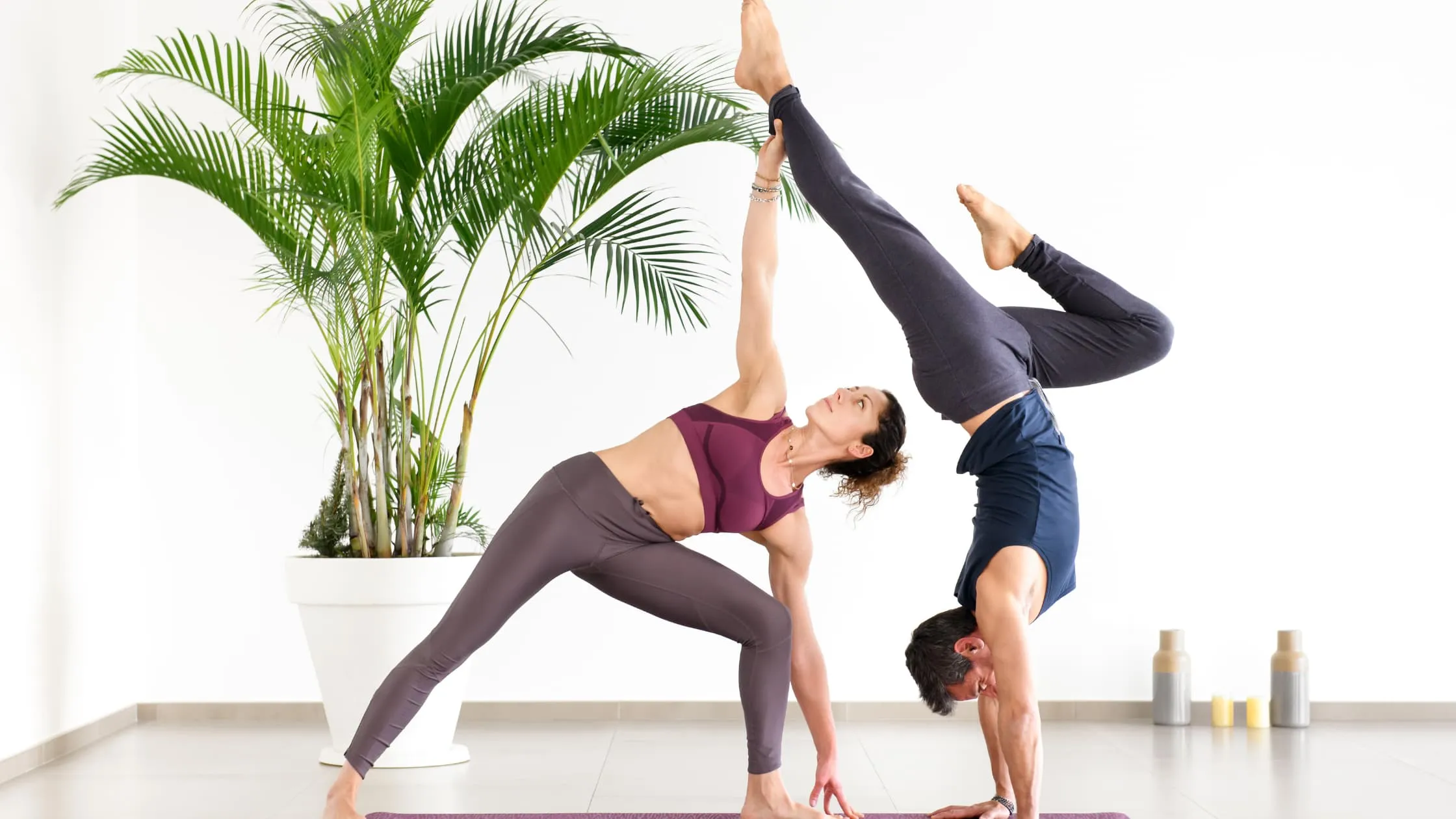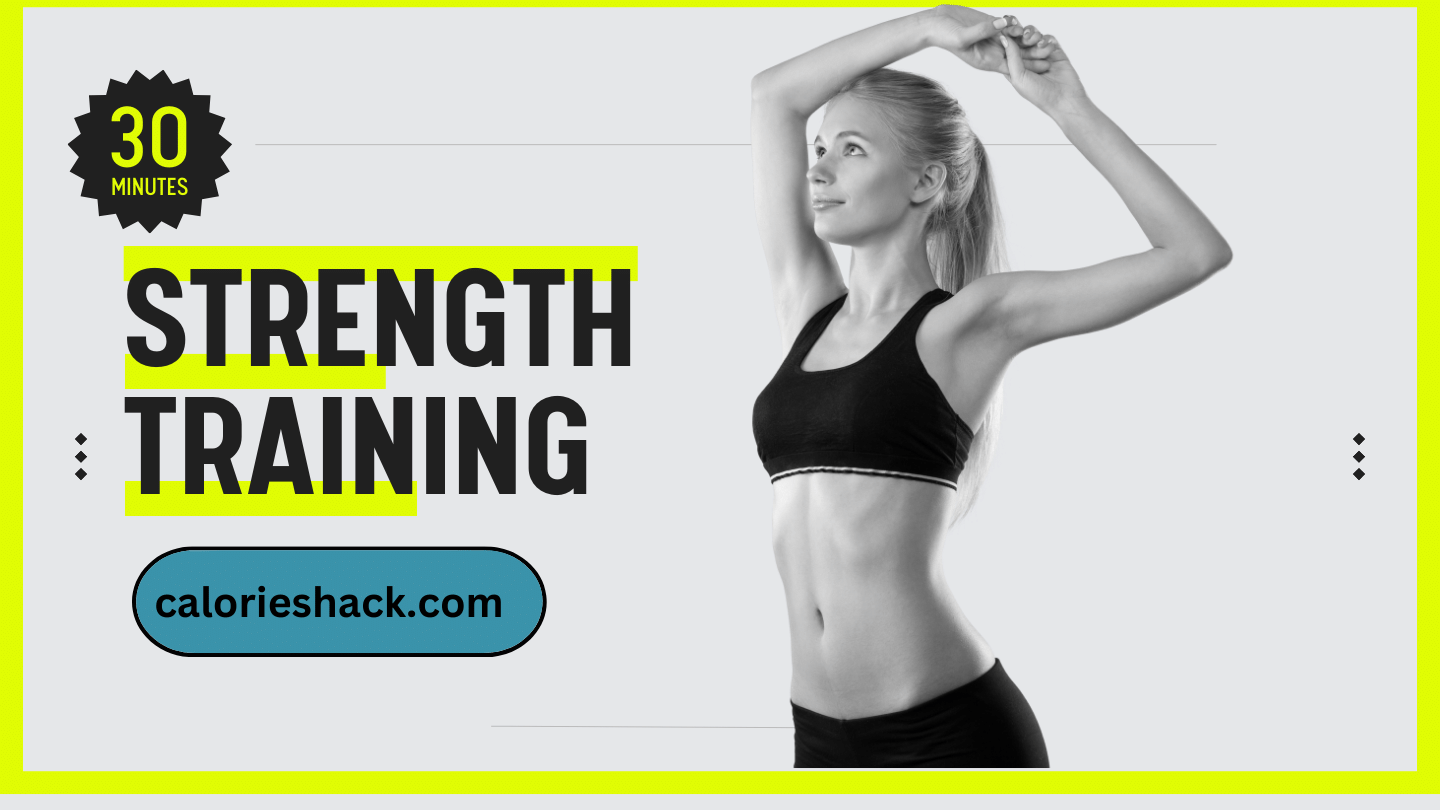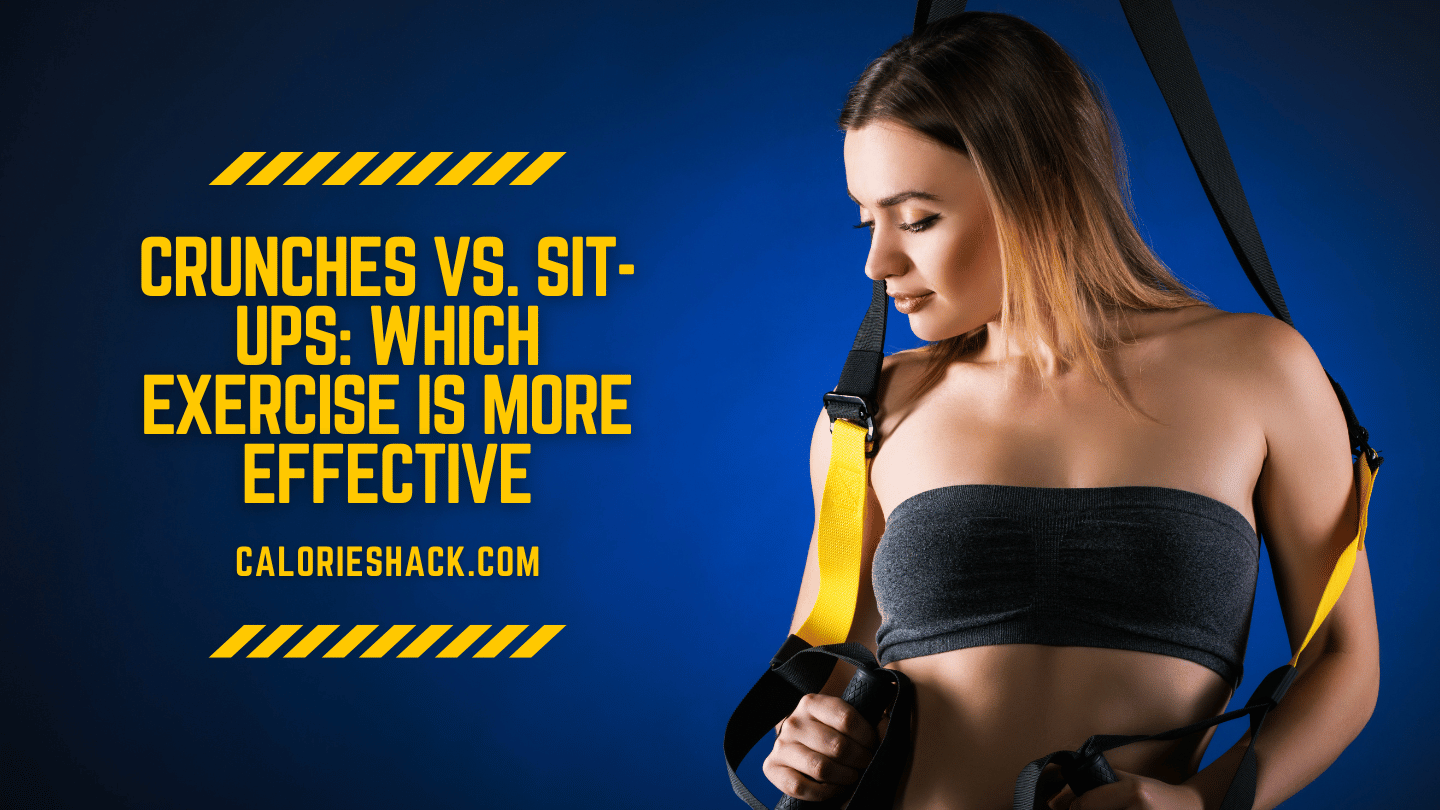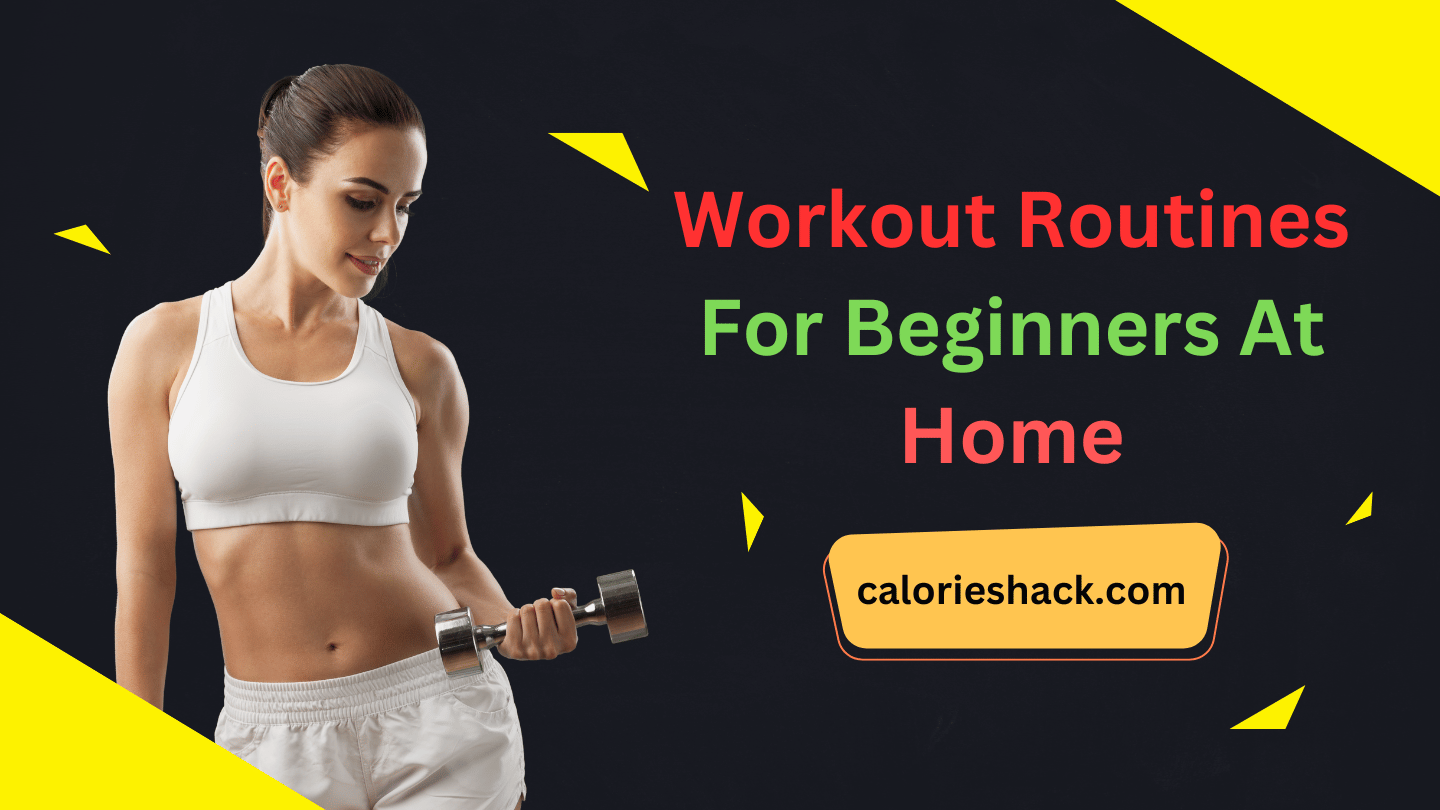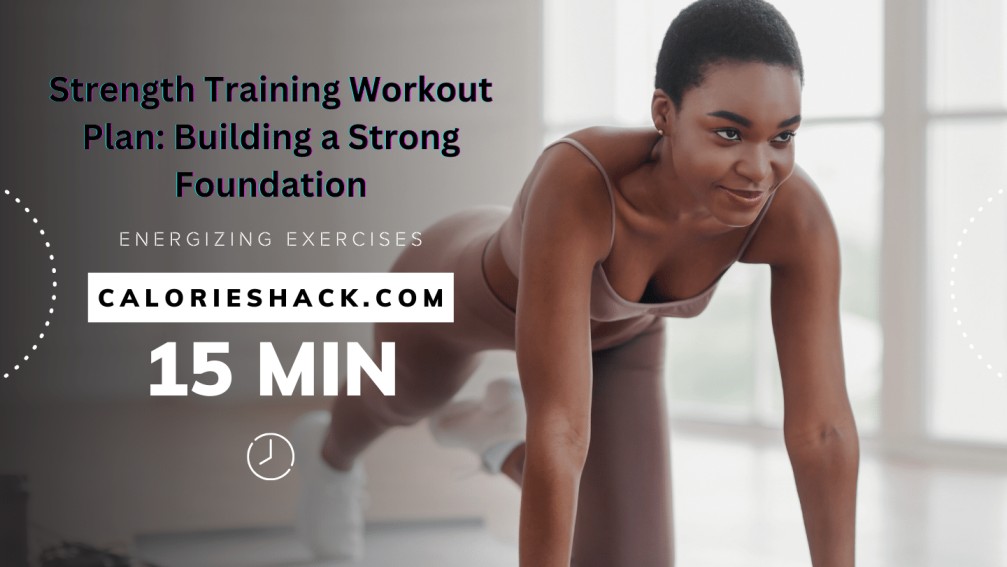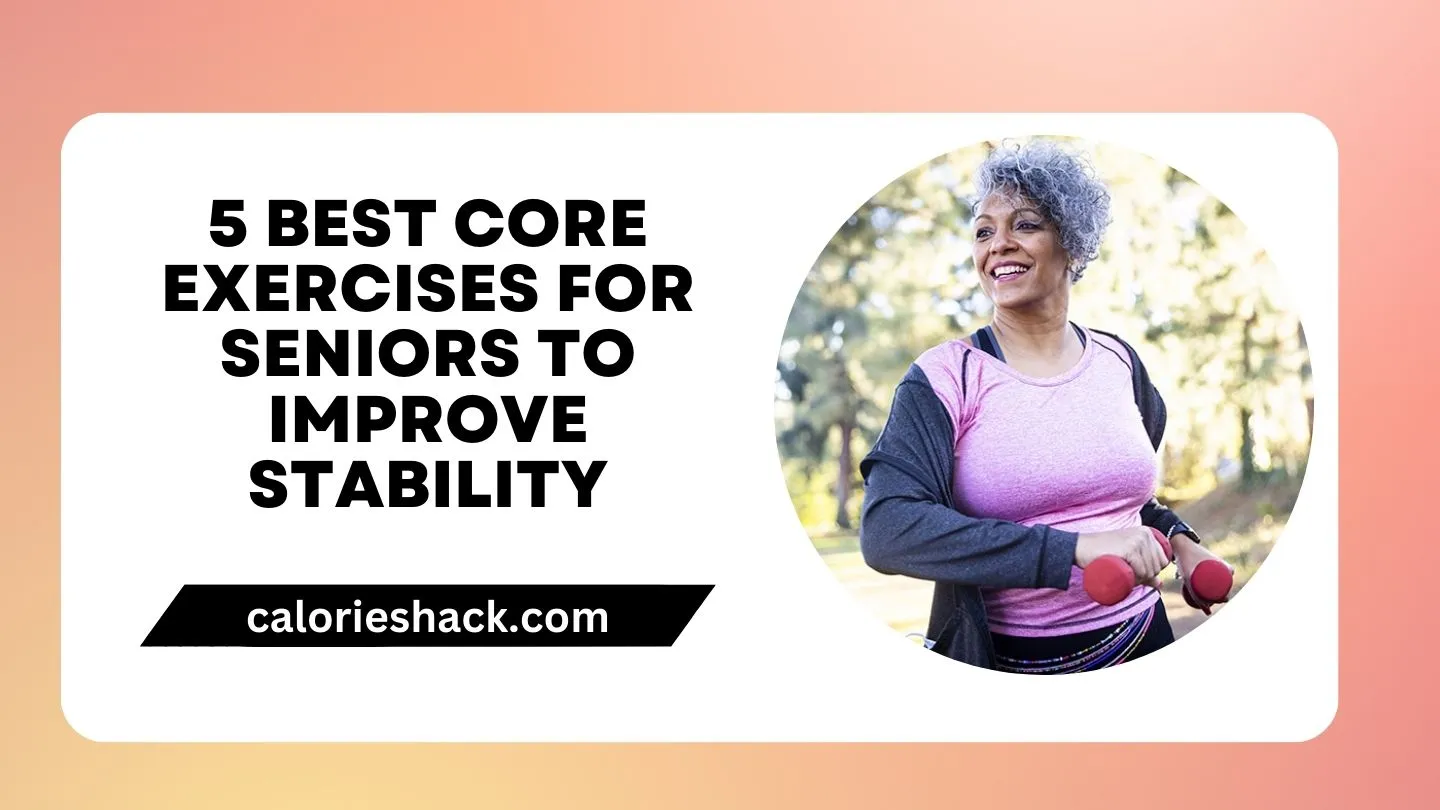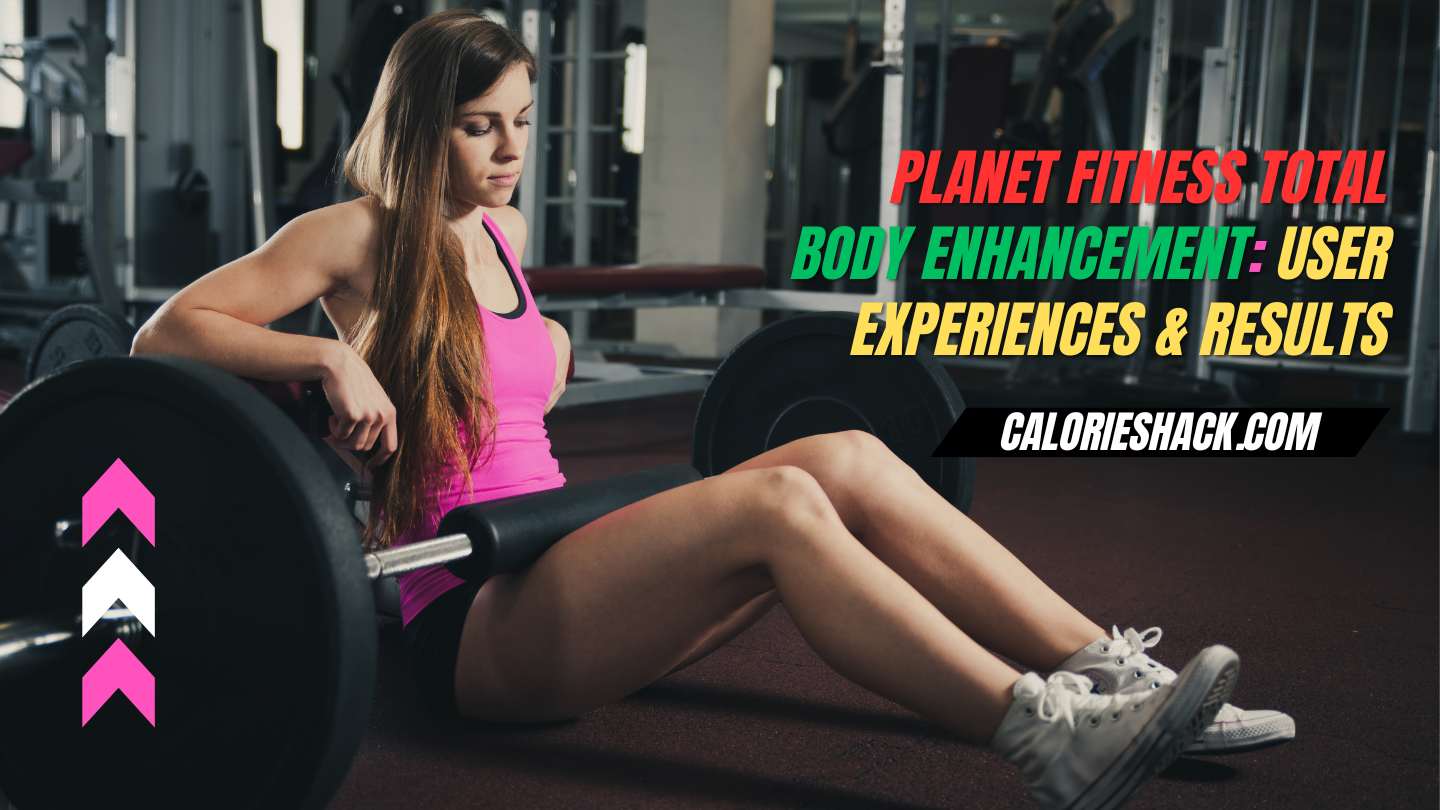Starting your fitness journey can feel overwhelming, but improving your athletic performance as a beginner doesn’t have to be complicated. Whether you want to run faster, lift heavier, or increase endurance, consistency and the right approach are key. In this guide, we’ll break down everything you need to know about enhancing your performance safely and effectively.
Setting Realistic Goals
Understanding Your Fitness Level
Before jumping into intense workouts, assess your current fitness level. This helps you set achievable goals and avoid injuries. Consider factors like endurance, strength, and flexibility.
Short-Term vs. Long-Term Goals
Set SMART goals (Specific, Measurable, Achievable, Relevant, Time-bound). A short-term goal might be running a mile without stopping, while a long-term goal could be completing a 10K race.
Read also: 5 Advanced Trx Exercises: Strength and Stability with Expert
Creating a Well-Structured Workout Plan
Balancing Cardio, Strength, and Flexibility Training
Athleticism isn’t just about lifting weights or running long distances. A balanced approach includes:
- Cardio (running, cycling, swimming) for endurance
- Strength training (weightlifting, bodyweight exercises) for power
- Flexibility & mobility (yoga, stretching) to prevent injuries
Progressive Overload and Adaptation
Your body needs to be challenged to improve. Progressive overload means gradually increasing weights, reps, or intensity to push your limits while allowing your body to adapt.
Nutrition for Athletic Performance
Importance of Macronutrients and Hydration
Fueling your body properly is crucial. Your diet should include:
- Proteins for muscle repair
- Carbohydrates for energy
- Healthy fats for endurance
Hydration is just as important—drink enough water to maintain performance.
Pre- and Post-Workout Meals for Better Recovery
- Pre-workout: A mix of carbs and protein (banana with peanut butter)
- Post-workout: Protein for muscle repair (chicken with quinoa)
Recovery and Rest Days
Why Rest is Essential for Muscle Growth
Muscles need time to recover after workouts. Overtraining can lead to injuries, fatigue, and burnout. Rest days help your body rebuild stronger.
Stretching, Foam Rolling, and Active Recovery
- Stretching prevents stiffness and improves mobility
- Foam rolling releases muscle tightness
- Active recovery (walking, yoga) keeps blood flowing without overworking your body
Mental Preparation and Motivation
Overcoming Mental Barriers
Many beginners struggle with self-doubt. Focus on small wins, stay patient, and avoid comparing yourself to others.
Building a Positive Mindset
Visualization, positive self-talk, and setting clear intentions can boost your performance. A strong mind leads to a strong body.
Common Mistakes Beginners Make
Overtraining and Lack of Proper Rest
Training too much without recovery can cause injuries. Listen to your body and take breaks when needed.
Ignoring Form and Technique
Bad form leads to injuries. Prioritize quality over quantity—it’s better to do fewer reps correctly than more reps with poor form.
The Role of Professional Guidance
When to Hire a Coach or Personal Trainer
If you’re unsure about where to start, a coach can create a tailored plan and teach proper techniques.
The Benefits of Training with a Group
Joining a class or workout group keeps you accountable and motivated. Plus, it's more fun!
Tracking Progress and Adjusting
How to Measure Athletic Improvement
- Track running distance, weights lifted, or endurance levels
- Use fitness apps or journals to log workouts
When and How to Modify Your Routine
If progress stalls, tweak your plan by increasing intensity, trying new exercises, or adjusting rest periods.
Conclusion
Improving athletic performance as a beginner is all about consistency, smart training, proper nutrition, and rest. Don’t rush the process—small, steady improvements lead to long-term success. Set goals, listen to your body, and enjoy the journey!
FAQs
1. How long does it take to see progress in athletic performance?
Results vary, but most people notice improvements within 4-6 weeks of consistent training.
2. What is the best workout for beginners?
A mix of cardio, strength, and flexibility training is ideal. Start with basic bodyweight exercises and gradually add intensity.
3. How important is nutrition for athletic performance?
Extremely important! Your body needs the right fuel to perform well and recover properly.
4. Can I train every day?
It’s best to have at least 1-2 rest days per week to allow muscles to recover and prevent burnout.
5. How do I stay motivated as a beginner?
Set clear goals, track progress, find a workout buddy, and celebrate small victories to stay motivated.

